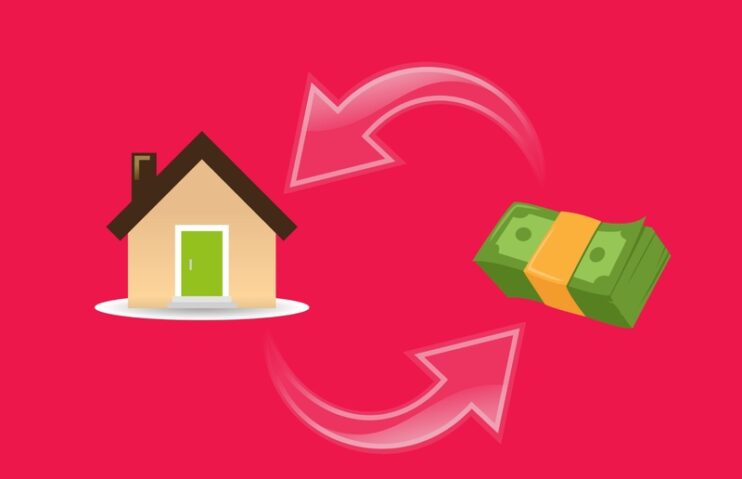The decision to buy or rent a home is big and requires careful consideration of several factors. While owning a home can be a source of pride and financial security, it is not always the right choice for everyone. In this blog post, we will explore the pros and cons of buying vs. renting a home to help you make an informed decision.
Pros of Buying a Home
Equity: One of the biggest advantages of owning a home is building equity. Every mortgage payment you make goes towards paying off your loan, which means you are building equity in your home. This equity can be used to fund other investments or even put towards retirement.
Stability: Buying a home provides a sense of stability that renting cannot offer. You have control over your living situation and can change your home without worrying about landlord restrictions.
Tax Benefits: Homeownership has several tax benefits, such as deducting mortgage interest and property taxes on your tax returns.
Appreciation: Historically, real estate has appreciated over time. While there are no guarantees, owning a home can potentially provide a return on investment if you decide to sell it in the future.
Cons of Buying a Home
Cost: Buying a home is a significant financial commitment that requires a substantial down payment and closing costs. Additionally, homeowners are responsible for the ongoing expenses associated with owning a home, such as property taxes, maintenance, and repairs.
Lack of Flexibility: Owning a home ties you to a specific location, which can limit your flexibility in terms of career opportunities or lifestyle changes.
Risk: Real estate is not a guaranteed investment, and there is always a risk that your home could lose value or be damaged by natural disasters or other events.
Pros of Renting a Home
Flexibility: Renting provides greater flexibility in terms of location and lifestyle changes. You can easily move to a new city or downsize to a smaller home without the financial commitment of selling a home.
Predictable Expenses: Renting provides more predictable expenses, as you do not have to worry about unexpected maintenance or repair costs.
Lower Upfront Costs: Renting requires a smaller upfront financial commitment than buying a home, as you do not need to make a down payment or pay closing costs.
Cons of Renting a Home
No Equity: When you rent a home, you are not building equity and therefore do not have an asset to use for future financial goals.
Lack of Control: Renting a home means you are subject to the landlord’s rules and restrictions, which can limit your ability to make changes or improvements to the property.
No Tax Benefits: Unlike homeownership, renting does not provide any tax benefits.
Ultimately, the decision to buy or rent a home depends on your circumstances and financial goals. Homeownership may be the right choice if you are looking for long-term stability and the potential for financial gain. However, renting may be a better option if you value flexibility and lower upfront costs.
It is important to carefully consider your financial situation, lifestyle, and long-term goals before making a decision. Speak with a financial advisor or real estate professional to help you make an informed decision that aligns with your unique circumstances.

